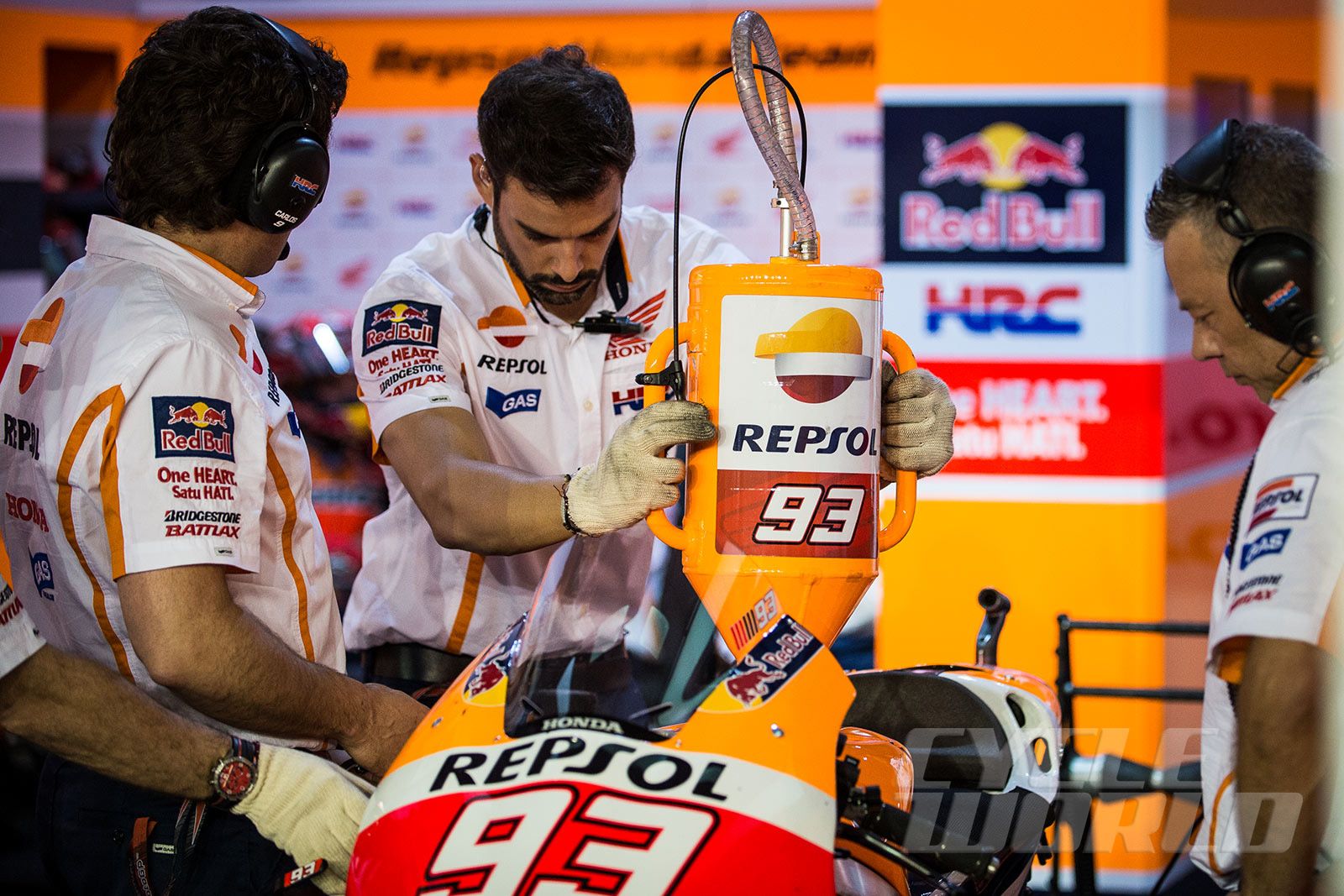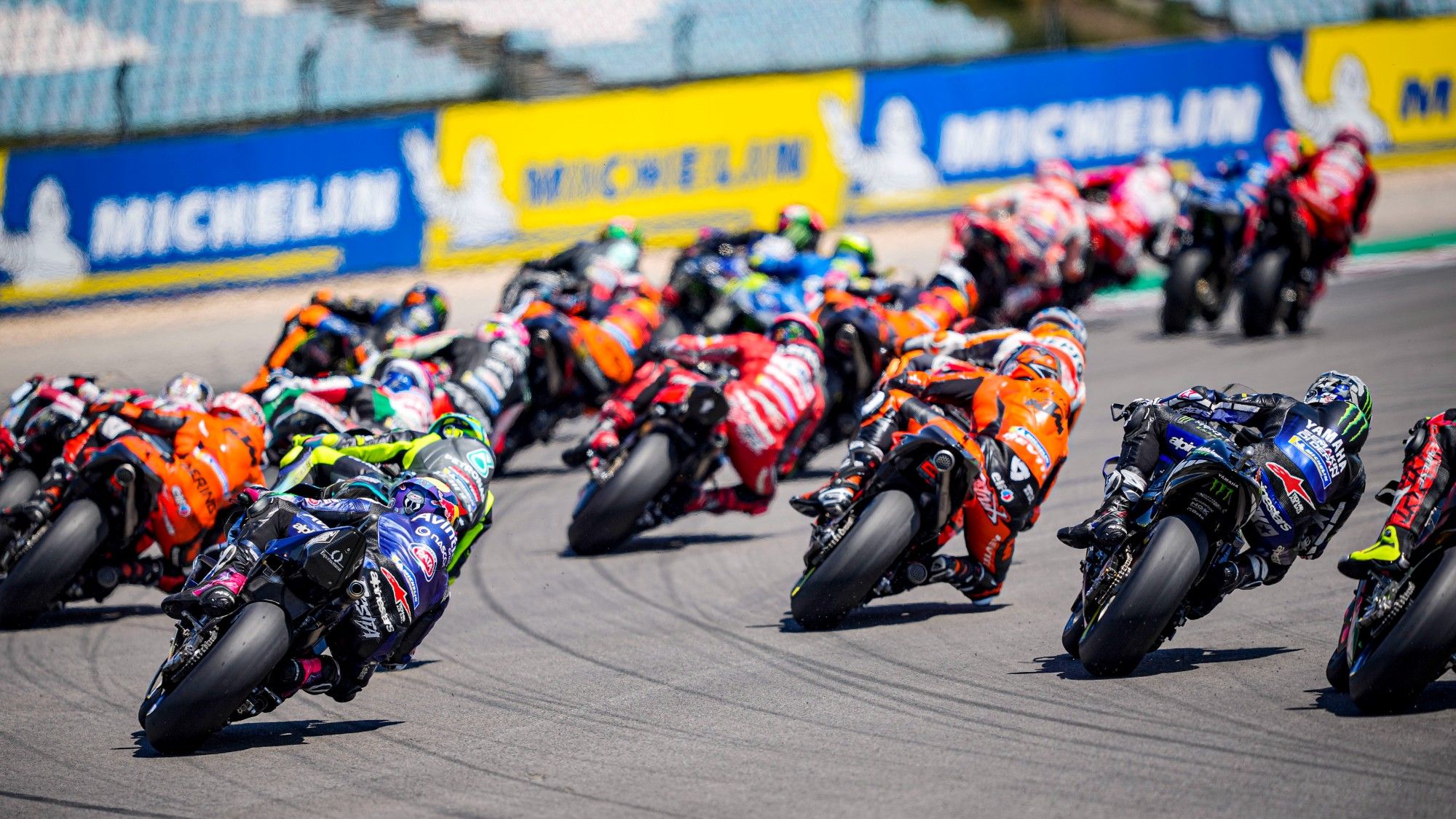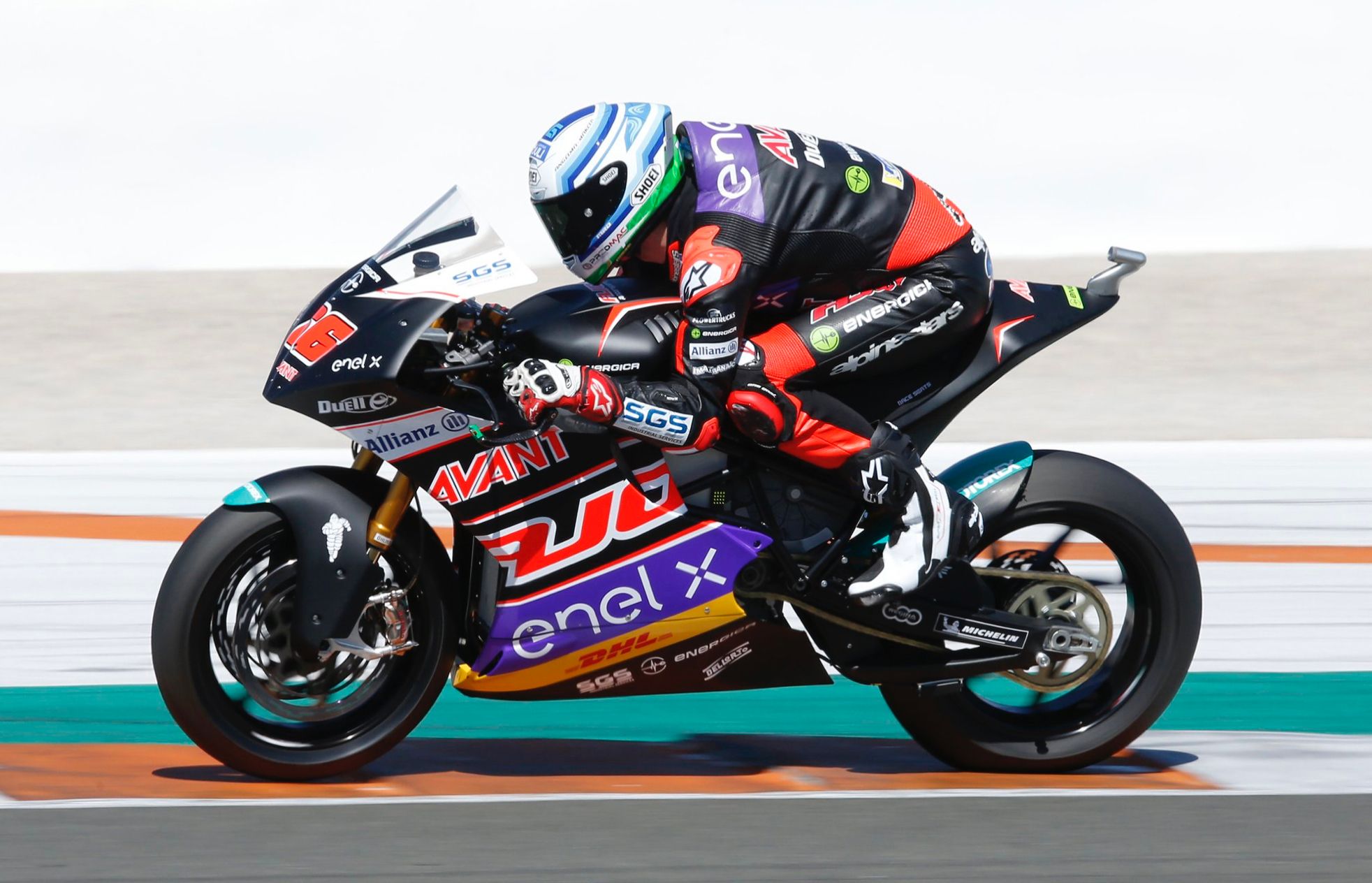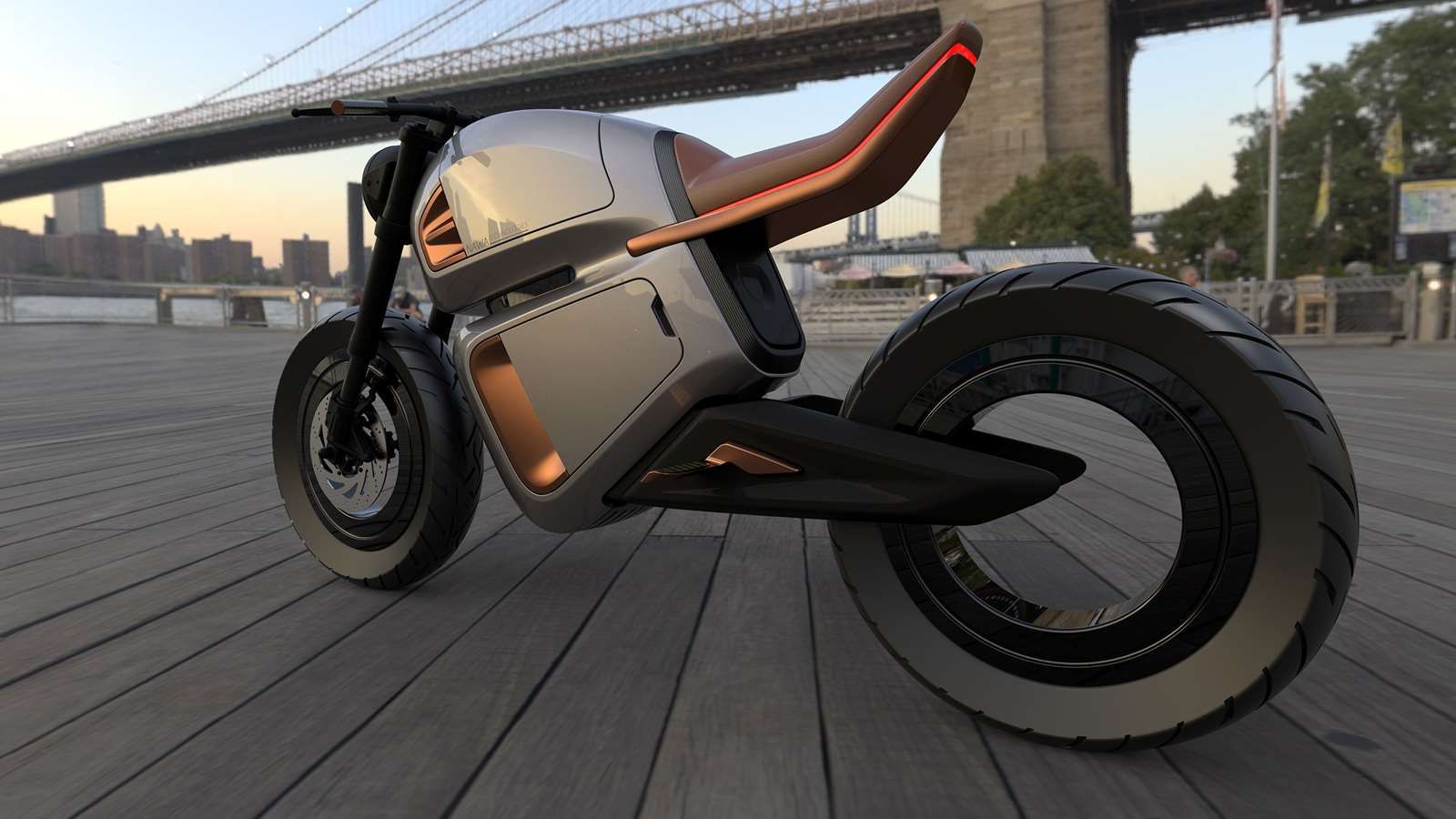All race series undergo changes from time to time and MotoGP is no exception. Not only will testing be restricted from 2023 but, from 2024, the fuel used will be increasingly non-fossil fuel based. Is this a lesson for all legislators?
New Rules For MotoGP From 2024 Could Have Huge Implications For Road Bikes
The rule book in any racing series is constantly amended and updated to either curb rising speeds or improve safety or, in this case, to tackle the reliance on fossil fuels.
The first rule change, which will be implemented in 2023, will be to the amount of testing permitted both pre-season and in-season. It's not that the teams don't need to test any more but that the expansion of the calendar means less down-time to make room for test days and also less money for expensive test programmes.
Under the new rules, there will be one day of testing after the end of the season at the same venue that hosted the final round. So, in effect, the next season starts the day after the old season finished.
After the winter break, there will be a three-day shakedown test for test riders and rookies only. Then there will be two official pre-season tests: one three-day and one two-day. These will be open to all team riders.
During the season, the number of one-day tests will be reduced from three to two.
So much for the testing rules, which probably came as no surprise to any team and nor should it impact any of them too much.
But it is the second part of the announcement that is significant. By 2024, at least 40% of the fuel used in the race bikes has to be non-fossil fuel: so, either biofuel or synthetic fuel. By 2027, that figure has to rise to 100% of fuel being non-fossil fuel.
All well and good but this does raise a couple of questions. Firstly, if this can happen in sport, why can't it happen in the real world? Why are manufacturers pursuing electrification at enormous cost, not only at manufacturer level but in terms of the infrastructure that needs to be in place to charge the batteries if there is an alternative that won't necessitate scrapping the internal combustion engine upon which so much time and resource has been spent?
Secondly, the fuel that race bikes use in the course of a weekend is minuscule compared to the amount of fuel burned by the team transporters, not to mention the jet fuel used by however many planes are needed to carry the whole paddock around the world for a whole season.
But - and it's a big 'but' - if using non-fossil fuels in MotoGP can accelerate the development of such fuels for use in everyday motorcycling, then racing can return to its primary rôle of mobile test-bed for future technologies that will benefit motorcyclists the world over and maybe the electrification doomsday could be postponed.





